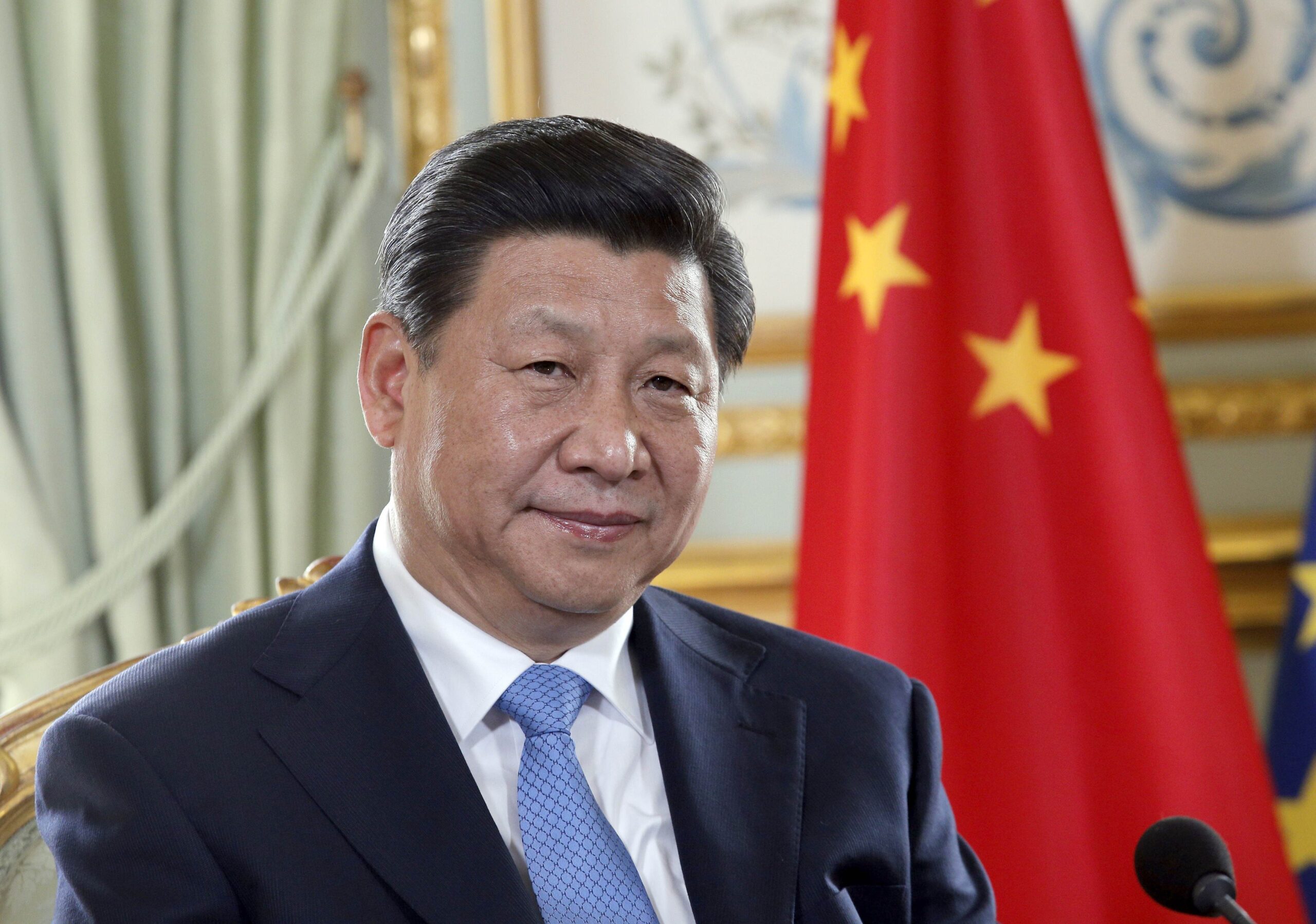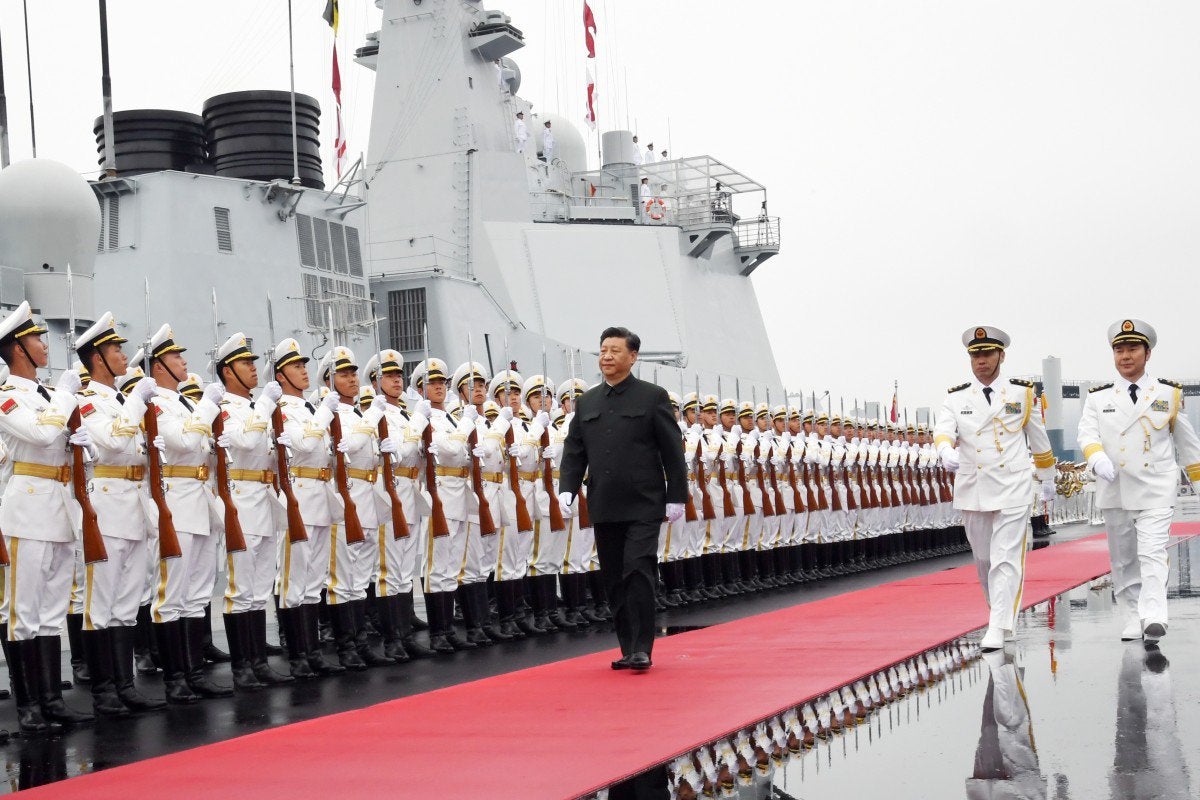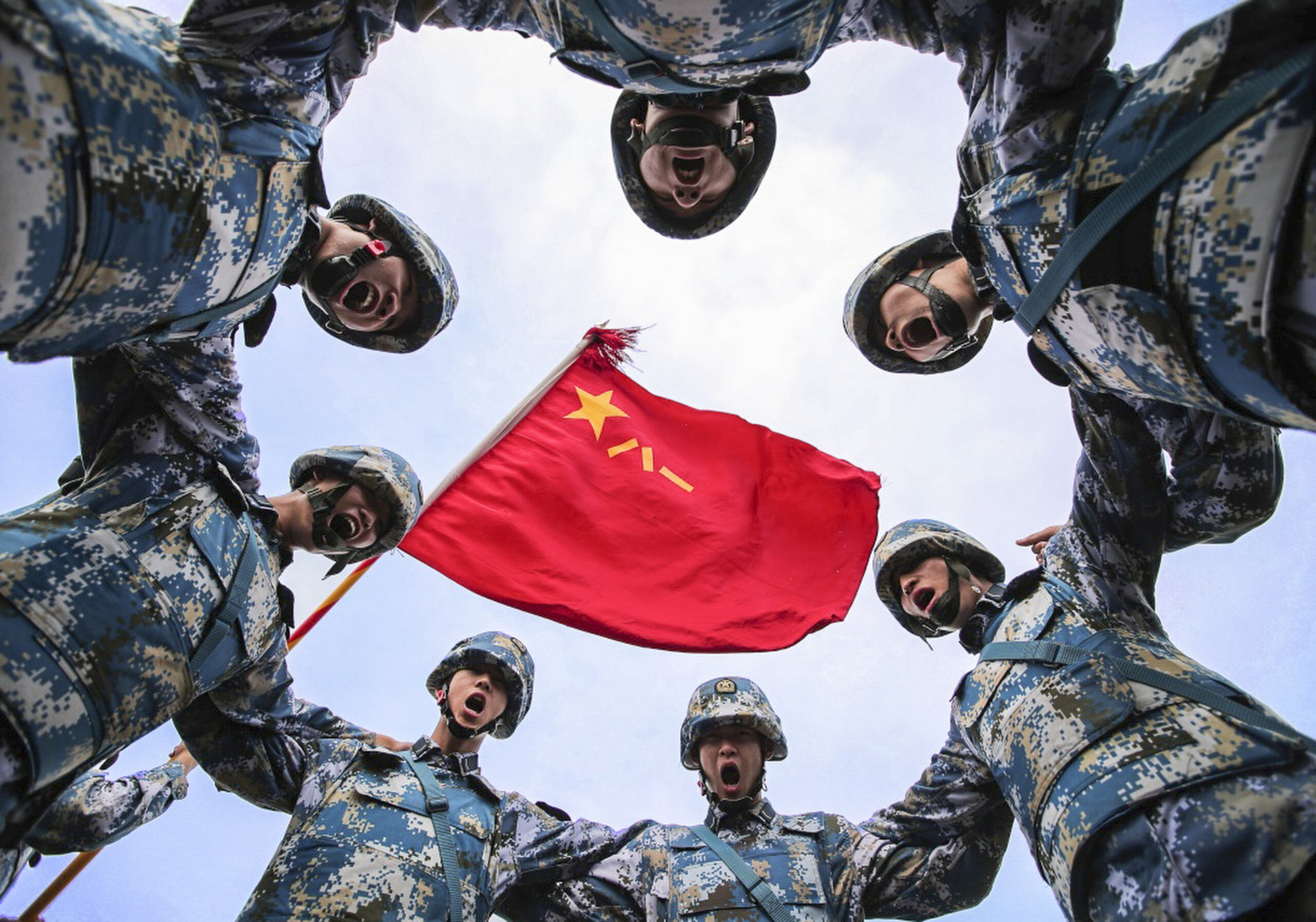by Martin Haffner Associate Editor
The geopolitical landscape of East Asia is increasingly precarious, with rising tensions between China and Taiwan capturing global attention. An invasion of Taiwan by China would not only impact the immediate region but also have far-reaching consequences for countries worldwide, including the United Kingdom. While the UK may seem geographically distant from Taiwan, the intertwined nature of global politics, economics, and security makes it vulnerable to fallout from such a conflict. Here are several reasons why the UK may face significant consequences should China invade Taiwan.
Taiwan is a critical player in the global supply chain, particularly in the semiconductor industry. The island is home to Taiwan Semiconductor Manufacturing Company (TSMC), the world’s largest dedicated independent semiconductor foundry, producing chips for numerous industries including automotive, telecommunications, and consumer electronics. A Chinese invasion would likely disrupt production and distribution, triggering widespread shortages. The UK, heavily reliant on technology and manufacturing sectors that depend on these chips, would face immediate economic repercussions, leading to increased prices and delays in production across various industries.
The UK is deeply integrated into the global economy, and any military conflict resulting from a Chinese invasion of Taiwan would send shockwaves through international markets. Investors may respond with volatility, leading to a potential economic downturn. The UK’s own export markets, particularly in technology and manufacturing, could retract dramatically, resulting in job losses and a decline in living standards. Economic instability in Asia often translates to negative impacts on European markets, including the UK.
An invasion of Taiwan by China would likely strain diplomatic relations between the UK and China. The British government has increasingly taken a firmer stance on China’s actions in recent years, particularly regarding issues of human rights and Hong Kong. A significant military escalation involving Taiwan may compel the UK to join international coalitions condemning China’s actions or supporting Taiwan diplomatically or militarily. This could lead to further deterioration of ties with Beijing, impacting trade agreements, investments, and diplomatic negotiations that are crucial for the UK economy.
The UK’s commitment to NATO and its role as a leading power in global security means that it could be drawn into military considerations related to a Chinese invasion of Taiwan. The UK has signaled its intention to support international law and democracy, and an attack on Taiwan would challenge the rules-based international order. This could compel the UK to reassess its military readiness and potentially increase defense spending, further straining public finances.
A conflict in Taiwan would likely result in a humanitarian crisis, with large numbers of people potentially displaced as they flee from conflict. The UK, as part of the international community, may find itself needing to respond to this crisis, whether through direct assistance, relocation programs for refugees, or humanitarian aid. This could place additional pressure on UK resources and public services, igniting domestic debates over immigration and humanitarian responsibilities.
In an increasingly digital world, an invasion of Taiwan could lead to escalated cyber warfare. China is known for its advanced cyber capabilities, and increased hostilities could result in cyber attacks against nations perceived as supporting Taiwan, including the UK. Critical infrastructure, financial institutions, and governmental operations could be targeted, leading to significant disruptions and vulnerabilities within the UK.
While the prospect of a Chinese invasion of Taiwan is still unfolding, the implications for the UK are profound and multifaceted. The interconnectedness of global economies, diplomatic relations, military obligations, and humanitarian responsibilities means that the UK must carefully consider its stance and prepare for potential crises that arise from such geopolitical upheaval. While the situation remains fluid, it is clear that the UK is not insulated from the consequences of conflicts occurring beyond its borders, and proactive engagement and strategies will be essential in navigating this complex and threatening landscape.



